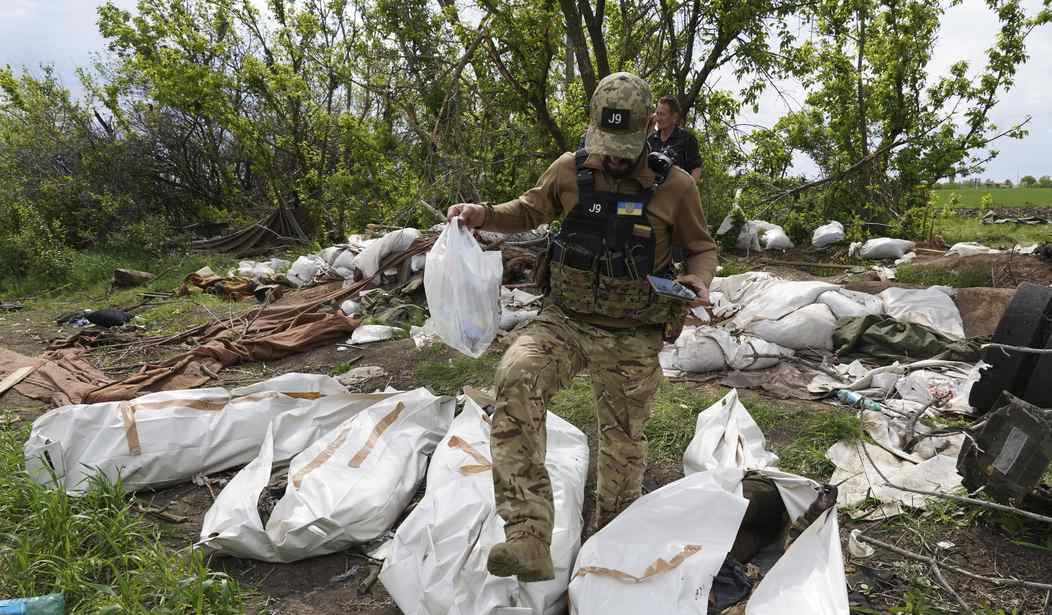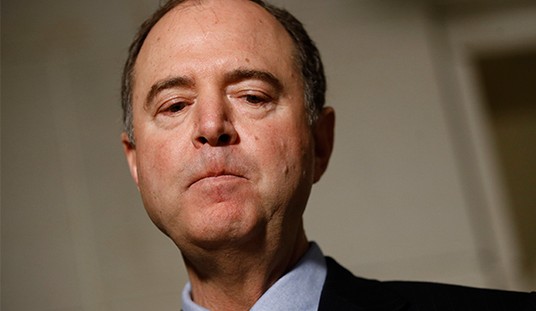On Wednesday, CIA Director William Burns claimed that Russia had lost 15,000 killed in its war against Ukraine along with another 45,000 wounded. These numbers are significantly lower than previous estimates from the Ukrainian government but about the same as British intelligence.
However, the problem isn’t so much the total number of casualties the Russian army is absorbing. The Russian army is losing its best, most experienced commissioned officers at an alarming rate.
A national security official told Reuters that, in addition to the lieutenants and captains killed, hundreds of colonels and “many” Russian generals had been killed as well.
“The chain of command is still struggling,” the official said.
Fast-forward to today, and the reputation of the Russian military is defined by images of Ukrainian farmers stealing Russian tanks and an inability to cross basic river systems. Apparently the Russian military has trouble swimming, which bodes well for Finland. The only thing it seems to be good at are massed artillery and war crimes. And particularly embarrassing is the Russian ability to get its senior leadership killed—or sacked. So far, Russia has reportedly lost at least nine generals on the battlefield and plenty more at home as President Vladimir Putin continues his purge of generals. High defense spending and an aggressive foreign policy haven’t healed the serious issues that have plagued Russian military culture since the fall of the Soviet Union.
The consolidation of power in the hands of a few high-ranking military officials and insulating the military from political oversight—except by the autocrat in charge—have long been hallmarks of the Russian state.
The Russian army is in far worse shape than many in the West believed. Analysts at the Jerusalem Institute for Security and Strategy and the French Institute of International Relations find that the number of high-ranking Russian officers killed “suggests that the poor morale among Russian forces and a slow advance into Ukraine forced high-ranking officers to put themselves at risk in an effort to achieve military objectives.”
Part of the problem lies in the way the Russian army is structured and the constant political interference from Putin on down.
Those who escape death on the battlefield may meet a less dramatic fate back home. The efficiency of the military is dependent on the defense minister’s relationship with Putin and their ability to navigate the autocratic nepotism of the Russian state. As such, it is uncommon for any senior military official to publicly contradict Putin, let alone criticize him. The most glaring example in recent times is Putin’s public humiliation of his intelligence chief. This means the generals are unusually vulnerable to backlash from Putin himself, resulting in a string of firings and rearrangements at home.
Putin called out his intelligence chief at the time, Sergei Naryshkin, in a televised humiliation as Putin sought to assure the Russian people of the unanimous support of his advisors.
No one knows what happens to these officers when they get home. “Come back with your shield — or on it,” Spartan mothers supposedly told their sons when they went off to fight. Putin would have made a good Spartan mother.









